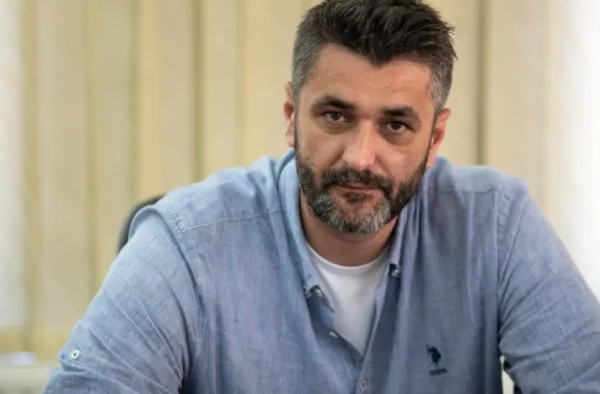Netherlands

Emir Suljagić
Emir Suljagić is a Bosnian journalist and politician who is currently the Manager of the Srebrenica Genocide Memorial. He served as Minister of Education of Sarajevo Canton from 13 January 2011 until 29 February 2012 and was also Deputy minister of Defense from 31 March 2015 to 10 December 2015.
Research questions: What kind of agency explains survival of Bosnian Muslim population in Srebrenica until July 1995? How did participants of “Death march” survive?
The publicly known narrative of Srebrenica seems straightforward: in July 1995, the Bosnian Serb forces under the command by Ratko Mladić attacked the UN designated Safe Area, ran it over in the presence of Dutch peacekeepers and proceeded to murder the male population of the enclave, at the same time deporting over thirty thousand women and children. In a meticulously planned military operation lasting five days, from July 11 to July 16, the Bosnian Serb forces massacred at least 8372 men and boys.
Following the revelation of the extensive network of mass graves in August 1995, the Bosnian Serb military and police reburied the graves between September and November and scattered them across a large swathe of eastern Bosnia. While over the last two decades the remains of many genocide victims have been exhumed, identified, and buried, over one thousand individuals are still counted as missing, and their mortal remains have not been found nor identified.
This is the story, and this story is true and based on forensic fact. But that is not the whole story.
In his research Emir Suljagić looks into this narrative of Srebrenica and the discrepancy between history as a process and history as it was written. He argues that the discrepancy lies not so much in what is mentioned but in what is not.
narrative; knowledge; memory; genocide; history; narrative
